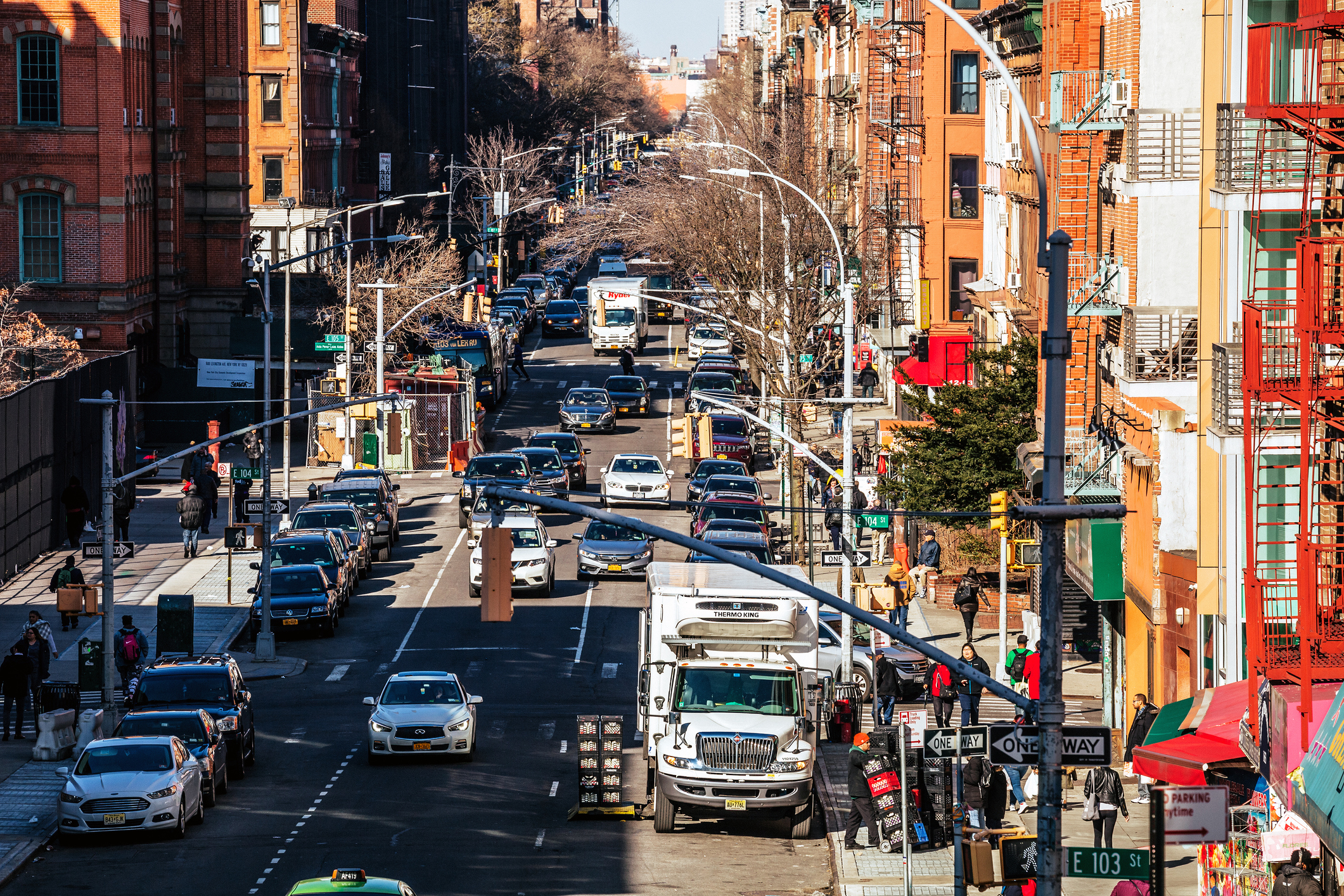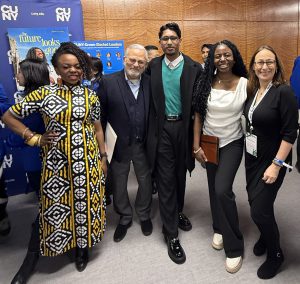A study by CUNY SPH faculty and research staff examined the prevalence of mental health concerns and their association with COVID-19, selected social determinants of health, and psychosocial risk factors in a predominantly racial/ethnic minoritized neighborhood in New York City.
Three hundred and ninety-three (393) adult Harlem residents completed an online cross-sectional survey from April to September 2021. The Patient Health Questionnaire and the Post-Traumatic Stress Disorder were used to evaluate mental health concerns.
Two-thirds of the residents reported experiencing mental health concerns, including PTSD depression, and anxiety. Residents with low-income housing status, alcohol misuse, food insecurity, exposure to interpersonal violence, and experience of discrimination were more likely to report mental health concerns.
“Our study revealed a high prevalence of mental health issues among Harlem residents, which were exacerbated by COVID-19, social determinants of health such as housing and food insecurity, and psychosocial risk factors like discrimination and negative experiences with the police,” says senior author Professor Luisa Borrell. “These factors create a distinct set of vulnerabilities for residents. Our study emphasizes the need for interventions addressing these concurrent social and psychosocial risk factors to promote mental health and wellbeing in these marginalized communities.”
“It is very clear that we are in a mental health crisis exacerbated by social and structural determinants of health,” observes first author Associate Professor Victoria Ngo. “The wide range of challenges we found also calls for a more integrated systems response that not only addresses mental health, but also supports related economic and social challenges. The goal of the Harlem Strong Coalition, which is a current project that grew out of the needs assessment, is to support mental health task-sharing across a range of community accessible settings so that mental health supports are better integrated with other services in the community.”




